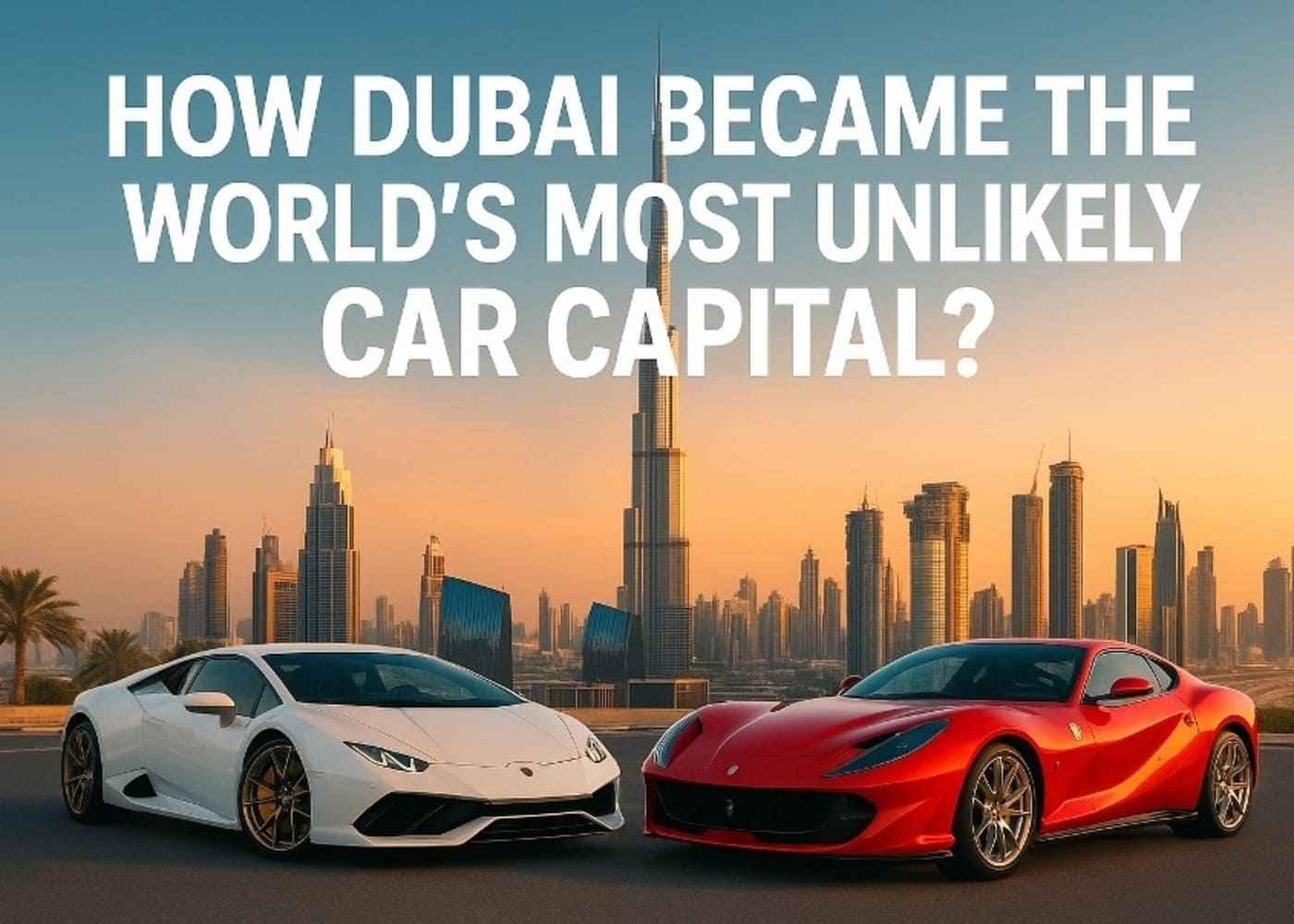Football, especially in Europe and more particularly in England, the home of ‘the Beautiful Game’, has until now never known a more tumultuous week than one of the past three days or so. The news that football lovers all over the world awoke to on Sunday morning was that of the Premier League ‘Big Six’: Liverpool, Manchester United, Arsenal, Manchester City, Chelsea, and Tottenham Hotspur announcing their participation in the newly created European Super League alongside some of Europe’s other football powerhouses including Real Madrid, Barcelona, and Athletico Madrid from Spain, Juventus, AC Milan, and Inter Milan from Italy.
It was a competition that was proposed to be played midweek and with the primary aim of raising funds for clubs across Europe to mitigate the impact of unforeseen situations like that caused by the Covid-19 pandemic as well as rivaling the European Champion League. The proposal was that the league would be a closed competition having 15 permanent teams with 5 open slots to be qualified for by all European clubs across Europe’s domestic leagues to make a 20-team format.
If the Super League proposal was so noble in its intention; why then did it receive so much backlash from FAs of European football countries as well as UEFA and FIFA who both vowed to oppose the proposed breakaway by all means available to them including the threat of expulsion of participating teams in the Super League from their domestic football leagues and the banning of footballers who participate in the rogue league from both UEFA and FIFA organized competitions?
The proposal was that the league would be similar to the Champions League in that it would be a knockout tournament featuring the top clubs in Europe. The competition format was set to involve two groups of 10 teams competing in home and away matches played in mid-week. At the end of the first round, the first three who finished in each group would automatically qualify for the quarter-finals.
The fourth and fifth-placed teams would then face each other in a play-off match for the two remaining places in the quarter-finals.
Quarter-finals and semi-finals were to be played on a home-and-away basis, with the final being played as a single-leg fixture at a neutral stadium.
The clubs who make up the 15 permanent clubs, however, would be immune to elimination from the competition, even if their performances were consistently poor.
How will a Super League impact the Premier League, La Liga, and Serie A?
The Super League stated that its fixtures were to be played in mid-week, the slot traditionally saved for European fixtures as domestic games are played at the weekend.
The vision was that the Super League would be played concurrently with the domestic competitions like the Premier League – as the Champions League has been played – but there were concerns that the top clubs will have virtually less motive to do well in their respective leagues due to the permanency of their participation in the Super League.
The nature of the domestic leagues is to breed competition for a Champions League spot, but with the Super League, that would become irrelevant.
The founding clubs would be guaranteed - in a manner yet to be defined - the certainty of taking part in the richest (and arguably most prestigious) competition, regardless of the results obtained on the field in their domestic leagues. This concept was vociferously opposed by the other clubs in the English, Spanish and Italian leagues.
The Super League has been heavily criticized by prominent football figures and supporters alike, with Gary Neville leading the fans' sentiment with his opposition to the tournament – calling it "pure greed" and even suggesting that sides who have signed the proposals should be punished with a points deduction. Fans from the participating clubs led protests against the implementation of the Super League, accusing clubs of only caring about the financial rewards and not considering the fans.
So, What Becomes of The Super League now?
In a stunning turn of events, Chelsea became the first team to back out of their Super League deal, CBS Sports insider James Benge confirmed. Manchester City made an announcement soon thereafter, and the other four Premier League clubs followed suit Tuesday night. The sudden reversal poses a huge challenge to the breakaway group’s continued chances to succeed in their endeavor and also ends speculation about whether their Champions League semifinal run in this year's tournament can continue.
But meanwhile, the fallout of the botched rogue Super League with Manchester United Ed Woodward having tendered his resignation already, and it is believed that the last hasn’t been heard of this debacle as fans of breakaway clubs continue to air their displeasure at the brazen manner in which these club owners were willing to mortgage decades of tradition and history of their clubs for financial benefits without consideration for their fans; some of whom have supported these clubs their entire lives.
One thing is certain; the last hasn’t been heard yet of this Super League debacle.







